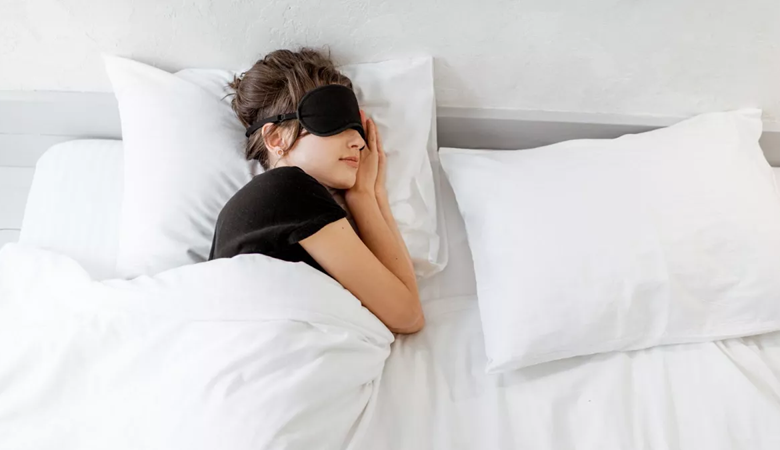Is it possible for weekend sleep catch-up to reduce the consequences of long-term sleep deprivation? Recent debate unfurls

News Mania Desk/Piyal Chatterjee/5th September 2024
According to a recent study by the European Society of Cardiology, getting more sleep on the weekends may reduce heart disease risk by as much as 20%. Many people who find it difficult to obtain enough sleep during the workweek can find optimism in this finding. Nevertheless, there are several difficulties with the notion of “catching up” on missed sleep.
Prior to the study’s publication, Dr. Sudhir Kumar, a neurologist at Apollo Hospitals Hyderabad, said in a different post on X (previously Twitter) that “it could take four days to recover from that if you lose just one hour of sleep.”
The question of whether sleep on the weekends may make up for sleep deficiencies during the week is still hotly debated in light of these seemingly incompatible viewpoints.
Dr. Chandril Chugh, director of Good Deed Clinic and a senior consultant neurologist, informed indianexpress.com that “catch-up sleep” during weekends may alleviate some adverse impacts of long-term sleep deprivation, including the increased risk of heart disease. Although further research is required, there are various factors that might play a role in this protective effect.
Dr. Jagadish Hiremath, a cardiac intensivist, agrees that recovering sleep over the weekend could decrease the risk of heart disease by helping the body recuperate from the adverse effects of sleep deprivation experienced throughout the week. He notes that catching up on sleep may reduce inflammation by lowering markers like C-reactive protein (CRP), which are associated with heart disease, and can help manage blood pressure, thereby lowering the risk of hypertension. Additionally, it may help normalize stress hormones like cortisol, reducing stress and its related cardiovascular risks.
Furthermore, improving sleep recovery can enhance insulin sensitivity and metabolic processes, leading to improved cardiovascular health. Getting enough sleep helps maintain balance in the autonomic nervous system, which regulates heart rate and blood pressure, while also improving endothelial function and reducing atherosclerosis risk. Lastly, restorative sleep can stabilize the heart’s electrical activity, decreasing the likelihood of arrhythmias.
As mentioned earlier, Dr Chugh asserts, research suggests that catching up on lost sleep over the weekend “only provides partial recovery.” He adds, “It does not fully reverse the negative effects of sleep deprivation accumulated during the week, such as elevated stress hormones, impaired metabolic function, and increased inflammation.”
Dr Hiremath says, “Dr Kumar’s statement that losing just one hour of sleep can take four days to recover points to the cumulative impact of sleep debt on the body. Sleep debt refers to the difference between the amount of sleep needed and the amount obtained. Even losing a small amount of sleep daily can accumulate into a significant sleep deficit over time.”
He points out that while getting caught up on sleep during the weekend can have some positive effects on the cardiovascular system, such as a potential 20% lower risk of heart disease, it cannot completely make up for long-term sleep deprivation. He clarifies, saying that the recovery from sleep debt is not linear and that the amount of sleep lost is not the primary factor in how long it takes to recover.
Useful advice for ensuring regular sleep
Dr. Chugh says the following advice can assist you in consistently getting restful sleep:
Establish a Sleep Schedule: Even on the weekends, go to bed and wake up at the same time every day. This supports the sleep-wake cycle that your body naturally produces.
Establish a Sleep-Friendly Ambience: Make sure your bedroom is quiet, dark, and cold so that you can sleep well. The blue light that electronic gadgets emit can interfere with your circadian clock, so avoid using them right before bed.
Make sleep hygiene a priority: Create a calming nighttime ritual, like reading a book or having a warm bath, to let your body know when it’s time to relax.
Control Your Stress: Engage in stress-relieving techniques like yoga, meditation, or deep breathing exercises to encourage calmness and improved.






